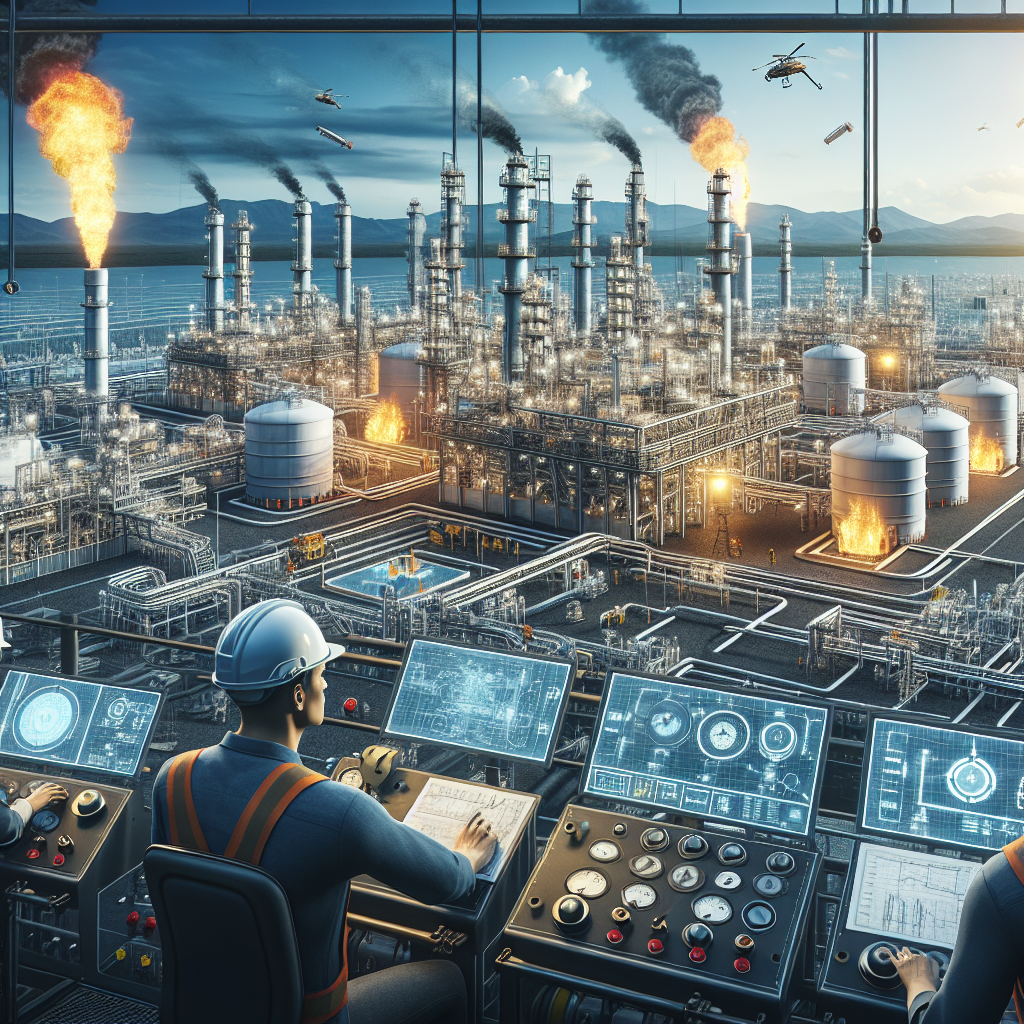Ivory Coast is solidifying its status as a major player in West Africa's oil and gas sector through progressive policies, innovative projects, and strategic partnerships. The country's regulatory framework, attractive fiscal terms, and commitment to local content have made it a hub for global energy investments, according to the African Energy Chamber (AEC). Key Developments in Ivory Coast’s Energy Landscape
The Baleine field, managed by Eni in collaboration with Ivory Coast’s national oil company Petroci, exemplifies the nation's energy ambitions. Producing 22,000 barrels per day (bpd) currently, the field is on track to reach 60,000 bpd and 70 million cubic feet of gas daily by the end of 2024. The project’s net-zero FPSO (Floating Production, Storage, and Offloading Unit), the first of its kind in Africa, underscores Ivory Coast’s commitment to low-carbon solutions while ensuring energy security.
Adding to this momentum, Eni's Calao discovery in Block C1-205 holds up to 1.5 billion barrels of oil. Slated for production by 2026, this field is expected to generate substantial revenues, create over 8,000 jobs, and further bolster economic growth.
Strengthening Local Content and Economic Sovereignty
Ivory Coast is enhancing local participation in its energy sector through the National Upstream Local Content Policy. This initiative aims to build domestic expertise, reduce reliance on foreign contractors, and provide opportunities for local hiring, training, and business involvement. Extensive consultations are ongoing to refine the policy and ensure widespread adoption.
Strategic Partnerships and Investments
The nation has secured significant international partnerships to drive exploration and production:
In August 2024, Ivory Coast signed production-sharing agreements (PSAs) with Eni for four offshore blocks, involving an $80 million exploration investment over three years.
Elephant Oil joined onshore exploration efforts through agreements covering three blocks, unlocking new hydrocarbon reserves.
In March 2024, Vaalco Energy acquired a stake in the Baobab field, adding significant capacity to its operations, while Ice Oil & Gas committed $40 million for offshore exploration.
Murphy Oil, involved in multiple shallow and deepwater projects, continues to develop the Paon deep-water field and evaluate promising blocks like CI-531 and CI-709.
Expanding Opportunities in Downstream and Refining
The downstream sector, spearheaded by Petroci and Société Ivoirienne de Raffinage (SIR), is critical to Ivory Coast’s energy strategy. The Ministry of Mines, Petroleum, and Energy has identified 26 blocks for leasing and is focused on certifying reserves in operational fields. Refining and petrochemical projects are also advancing to meet the country’s growing energy needs.
A Model for Africa’s Energy Future
“Ivory Coast is not just a key player in West Africa’s energy sector; it is a model for what the future of African oil and gas development should look like,” said NJ Ayuk, Executive Chairman of the AEC. He highlighted the country’s balance of progressive policies, local empowerment, and technological innovation, positioning it as a leader in sustainable and inclusive growth.
The Way Forward
As the nation expands its footprint in oil and gas, it is committed to:
Ensuring a just energy transition that integrates oil and renewables.
Building resilient infrastructure to support long-term production and economic stability.
Promoting partnerships that prioritize technology transfer and capacity building.
With its ambitious projects and strategic vision, Ivory Coast is paving the way for a robust energy future, serving as a beacon for sustainable development across Africa.











